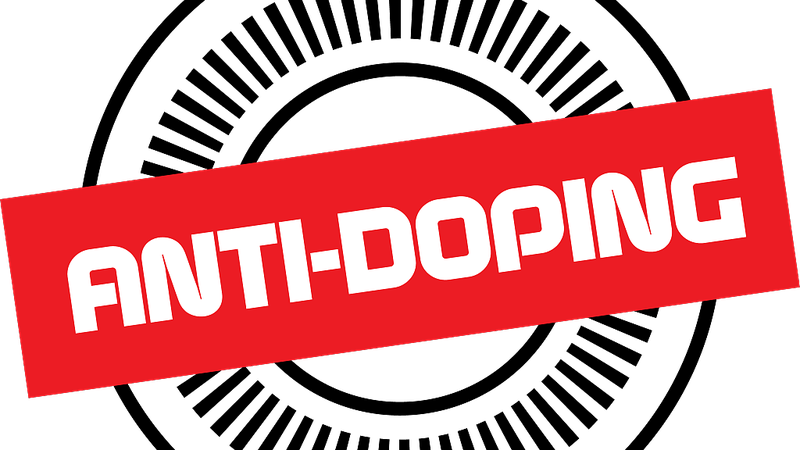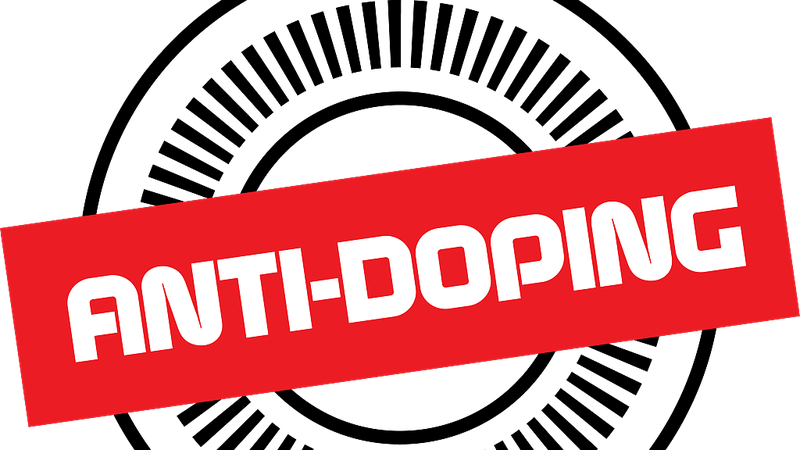The China Anti-Doping Agency (CHINADA) has released a statement expressing concerns over the United States Anti-Doping Agency\u2019s (USADA) handling of the recent doping case involving American sprinter Erriyon Knighton. Knighton, a member of the U.S. Olympic track and field team, tested positive for the banned steroid trenbolone during an out-of-competition test on March 26.
USADA decided not to impose any ineligibility on Knighton, citing that the positive result was due to the ingestion of contaminated meat. This decision allowed Knighton to compete in the domestic qualifiers for the Paris Olympics and ultimately represent the United States at the Games.
CHINADA has raised questions about this decision, pointing out what it perceives as a double standard in the treatment of similar cases. The agency highlighted that in cases involving Chinese athletes, USADA has been critical, accusing CHINADA and the World Anti-Doping Agency (WADA) of “covering up the truth” despite clarifications from WADA and independent reports.
“Studies have shown that trenbolone is an anabolic agent with strong enhancing effects on strength and explosiveness, and is not a common contaminant,” CHINADA stated. “Publicly available information shows that while athletes involved in most of these trenbolone cases were essentially given a four-year ineligibility, three American athletes have escaped sanctions by claiming food contamination.”
CHINADA also questioned the thoroughness of USADA’s investigation into Knighton’s case. The independent arbitrator concluded that the contaminated meat came from a restaurant in Florida. CHINADA pointed out that USADA did not start its investigation until two months later but managed to detect trenbolone in a different batch of beef from the same restaurant.
“If there is indeed widespread beef contamination of trenbolone in the U.S. market, has USADA ever conducted extensive market research and collected data? Has it warned American athletes about the problem of meat contamination?” CHINADA asked.
Additionally, CHINADA noted that USADA’s CEO publicly declared that “justice was served” before WADA had reviewed the case and before the appeal deadline had expired, and that this statement has since been removed from USADA’s website along with previous statements on no-fault contamination cases.
The statement from CHINADA emphasized concerns over what it sees as contradictory practices by USADA, asserting that while advocating for fairness and clean sport, USADA’s actions may suggest otherwise.
CHINADA further highlighted that major professional leagues and the National Collegiate Athletic Association (NCAA) in the U.S. have their own anti-doping standards that conflict with the World Anti-Doping Code and that athletes in these leagues are not subject to USADA testing. “This has created a huge backroom in sport,” CHINADA stated, referencing comments from WADA President Witold Banka, who noted that “90% of American athletes, those in pro leagues and college sport, don’t compete under the World Anti-Doping Code.”
The agency called on USADA to “cease fabricating false narratives, politicizing anti-doping, and manipulating public perception,” urging it to ensure compliance with the goals of the global anti-doping system and to demonstrate integrity and consistency in its work.
Reference(s):
CHINADA Statement on USA Erriyon Knighton's Positive Test for Steroid
cgtn.com







